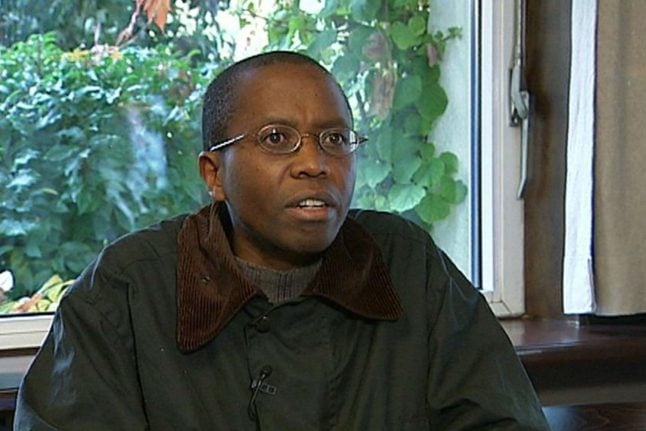The trial of 44-year-old Ahmet Makitan, which began in October, ended Tuesday with the defence lawyers’ statements, the Stockholm district court confirmed.
According to news agency TT, the verdict is due on April 8th.
Makitan has been charged with “aggravated war crimes and abduction,” and stands accused of torturing Serb prisoners, including civilians, between May and August 1992 during the war in the former Yugoslavia, court documents showed.
Some 20 witnesses took the stand during the five-month trial.
The accused was 25 at the time and allegedly committed the crimes while working as a guard at the Dretelj detention camp in southern Bosnia near the Neretva river, which divided Serb and Bosnian-Croat forces at the time.
“He should not be charged with war crimes, because he was only a foot soldier and did not know of the overall ethnic cleansing plans,” defence lawyer Ola Salomonsson argued.
“He admitted only (the accusations of) abuse and molestation and those crimes are prescribed,” he said, according to TT.
Makitan, who was born in Bosnia Herzogovina but obtained Swedish nationality in 2006, was arrested at the beginning of January in the northern Swedish town of Sollefteå where he lived with his family.
Sweden opened a probe on the matter in 2008, receiving assistance with the investigation from a number of countries as well as the UN International Criminal Tribunal for the former Yugoslavia in The Hague.


 Please whitelist us to continue reading.
Please whitelist us to continue reading.
Member comments